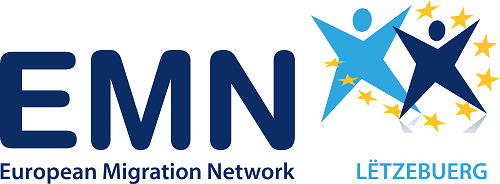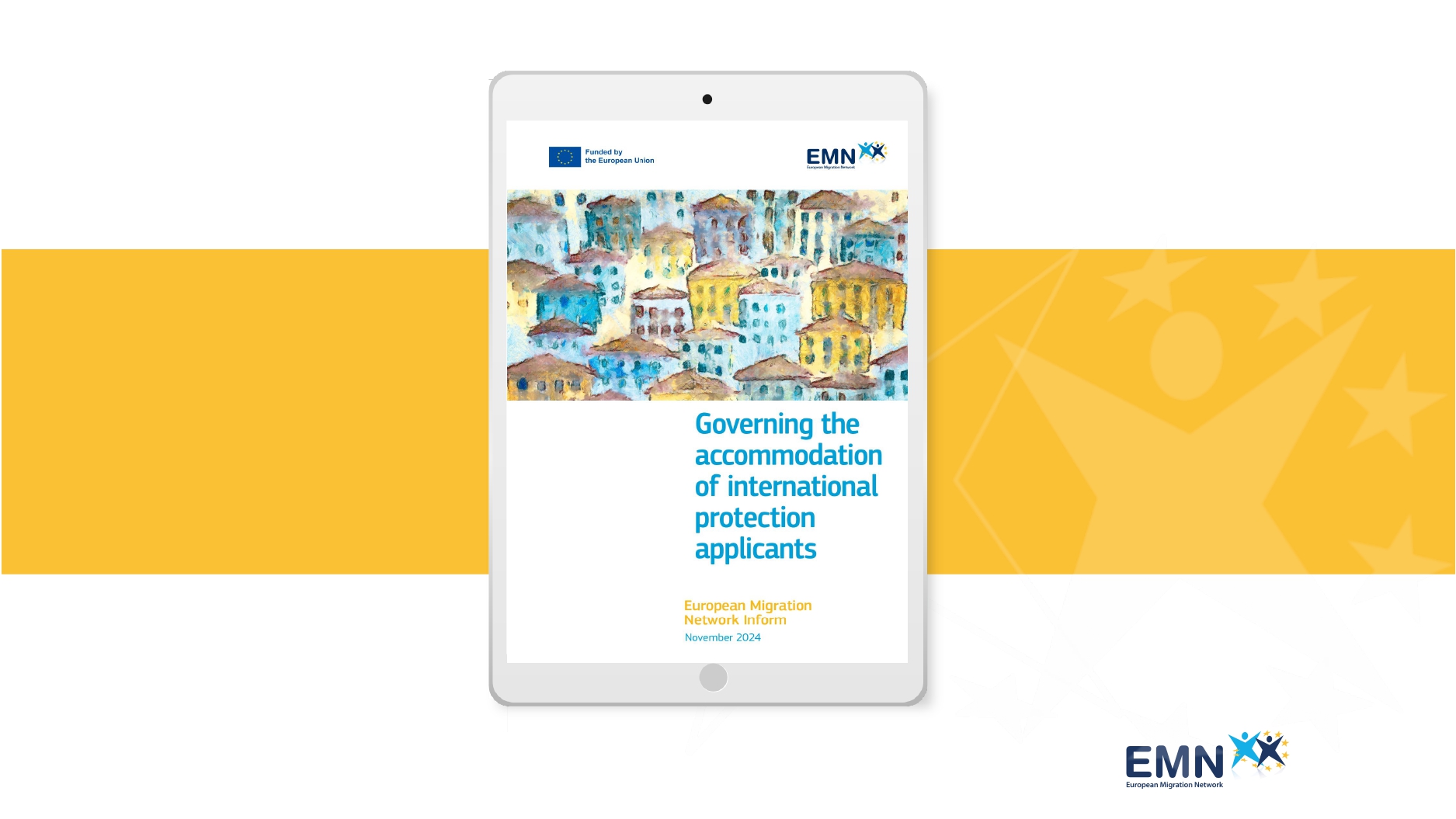The governance of accommodation for international protection applicants is a critical issue faced by European Migration Network (EMN) Member (EU Member States except Denmark) and Observer Countries (NO, GE, MD, UA, ME, AM, RS). With fluctuating asylum applications, limited housing capacity, and community relations at stake, effective governance is necessary. According to the 2024 recast of the Reception Conditions Directive (RCD), EU Member States are mandated to ensure an adequate standard of living for applicants, including housing, despite unpredictable influxes.
Most EMN Member and Observer Countries adopt a centralised governance model, where a single authority is primarily responsible for the reception of applicants for international protection. This is typically managed by the Ministry of the Interior or a specialised executive agency. Centralised governance is particularly beneficial in terms of consistency in planning, coordination, and accountability.
In contrast, several countries employ a mixed governance model, wherein responsibilities are shared between national, regional, and local authorities. This approach allows for more flexibility in addressing the specific needs of applicants in different regions.
One of the challenges faced by EMN Member and Observer Countries is managing staffing levels in reception centres and accommodation facilities. Governing bodies employ a mix of civil servants, NGO employees, and staff from independent agencies to manage these facilities. EU Member States are required under Article 33 of the RCD to provide training to those implementing the Directive, ensuring that staff are equipped to meet the specific needs of applicants, including minors. Despite this, many countries struggle to allocate sufficient resources to manage staff and ensure high-quality accommodation services.
The accommodation systems for international protection applicants are largely funded through state budgets, with additional support from EU funding streams. The state budget generally covers the core costs of accommodation facilities, while EU funds are often allocated for specific projects aimed at improving the reception conditions. EU funding mechanisms such as the Asylum, Migration, and Integration Fund (AMIF) have played a significant role in supporting EU Member States’ efforts to enhance their accommodation infrastructure.
French translation of the Inform was kindly provided by EMN France.
For further information, please read the Inform attached below.

